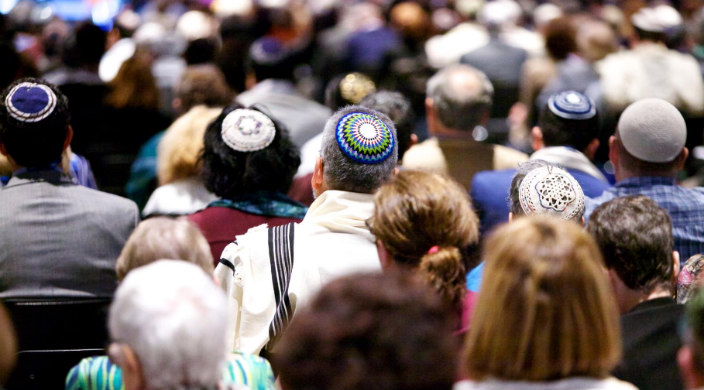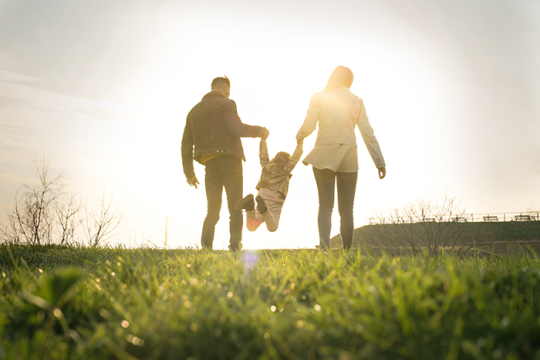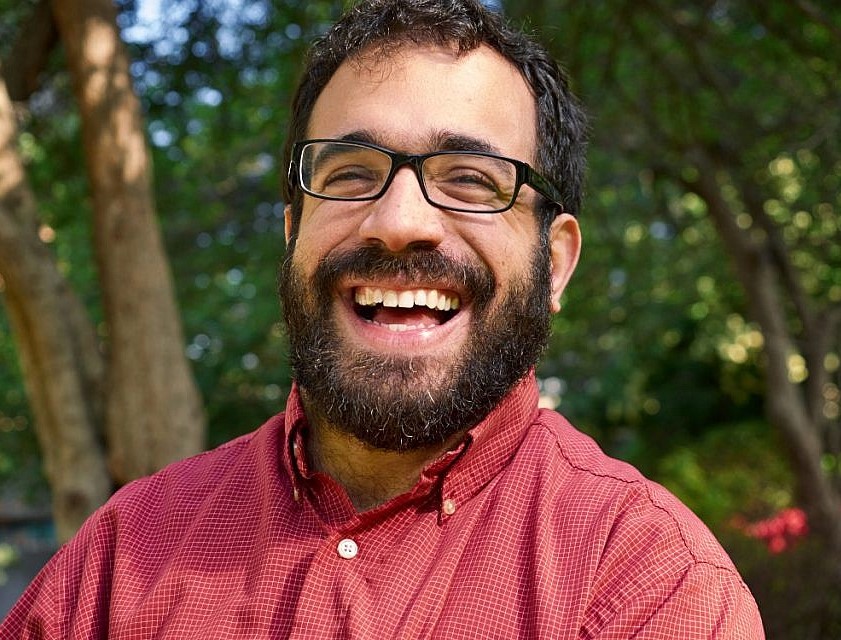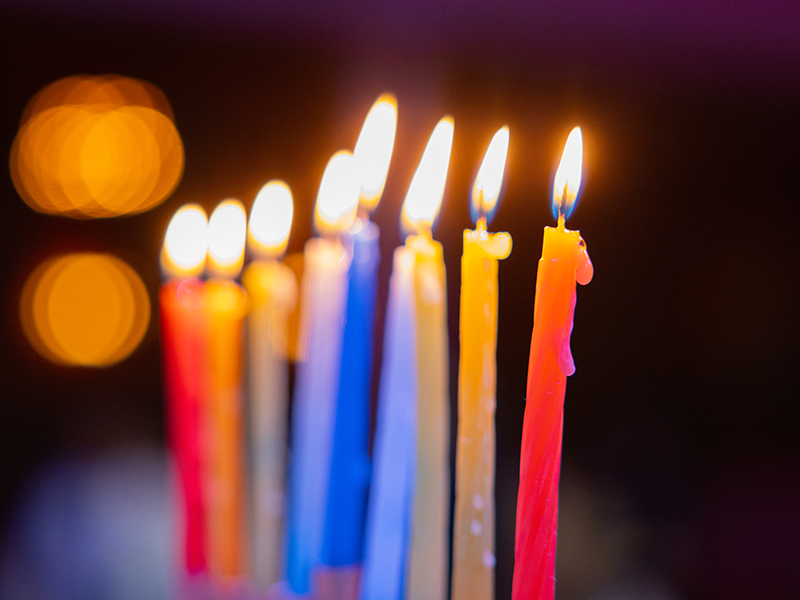
It’s been several years since I wrote of my epiphany that, as a wheelchair user, I appreciated constructions like “please rise in body or spirit,” or even the slightly more problematic “please rise if you are able.” I wrote then that it did not change my behavior, but it did change my sense of belonging.
That remains true, yet it has since been brought to my attention that by drawing the line around ability, we create unintentional consequences. We present physical rising as the gold standard – with alternatives.
So what happens?
A person struggling with the strain of being seated because of a chronic pain issue struggles mightily to stand because, strictly speaking, they can. Moriah Benjoseph wrote poignantly about how her invisible disability affects her ability to rise – and how being asked to do so makes her feel alienated from her religious community.
Or an older adult, for whom standing is certainly a challenge and possibly a risk, struggles to their feet, thinking they are serving the Divine will in doing so.
Just recently I saw a pregnant woman, technically days after her due date, settle gratefully into a chair at a Shabbat table – only to need to stand up again for Kiddush.
Here’s the question: Why do we rise? Do we rise because a God without form prefers the standing position? Do we rise because a particular posture adds power to our prayer?
I, for one, do not think so. I think we rise because, for many people, doing so signifies a certain respect and intent, a certain elevation of ourselves as we prepare for certain prayers.
Those of us who use wheelchairs have accepted the idea that we need to find another way to do this, as we are simply unable to assume a standing position. My question, however, is for everyone else.
For some worshipers, standing might be a true moment of respect and spiritual elevation. In the examples I listed before, though, I would guess that the combination of discomfort, effort, and risk is more likely to detract from the elevated spiritual state of the prayer than to add to it. Furthermore, for a whole other group of people, the jump from sitting to standing is so simple, so reflexive, that it may do little or nothing in the way of spiritual elevation.
Instead, I propose a new formulation: “Please elevate yourselves in preparation for the…”
Now, you might immediately say to me, “Matan, that is impractical. No one will know what it means – and most people will just stand up anyway.”
Indeed, these are all valid criticisms, and this would not be an easy change, either in individual congregations and communities or throughout the broader Jewish community at large. Adopting such a change would require teaching; it may need to become part of that “pre-b’nei mitzvah spiel” every rabbi has – the one where they explain the quirks of their individual congregation to visitors.
Ultimately, such a practice would put the onus on each person to really think about what it is that elevates themselves and their prayer – not just jumping to their feet simply because they can, or because it’s what they’ve been doing for a very long time.
To this I say: One of the oldest formulations that we use to describe Jewish prayer is avodah, a word that literally means “work.” Originally, it was the work of making sacrifices. When the post-Temple rabbis created our prayer system as a replacement for those sacrifices, though, I do not think they ever envisioned that prayer should stop being work.
It may indeed require work – on all our parts – to teach about this new formulation, and it may be work to decide how to live it, but to me, at least, that sounds like the kind of work that prayer ought to be.
Related Posts

In Search of Belonging in the Darkness, the Twilight, and the Light

The Art of Wisdom: Proverbs, Adages, and Maxims, and the Images They Inspire


